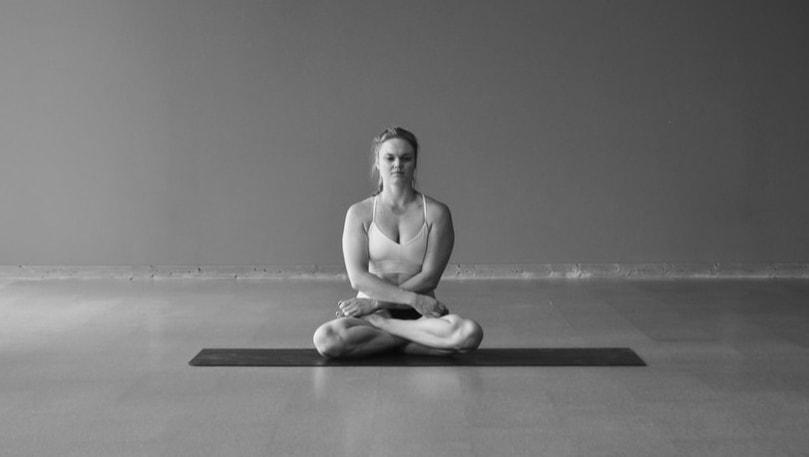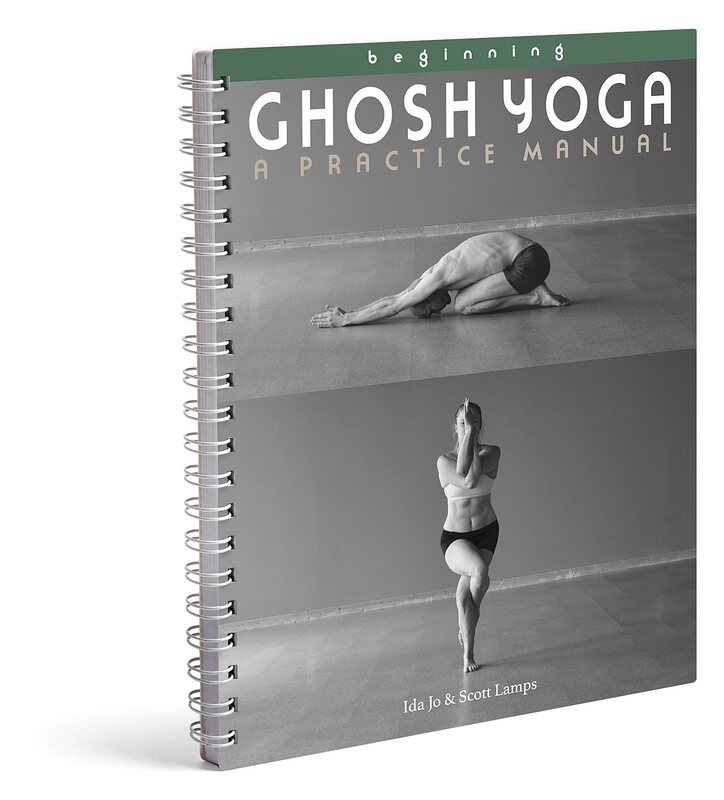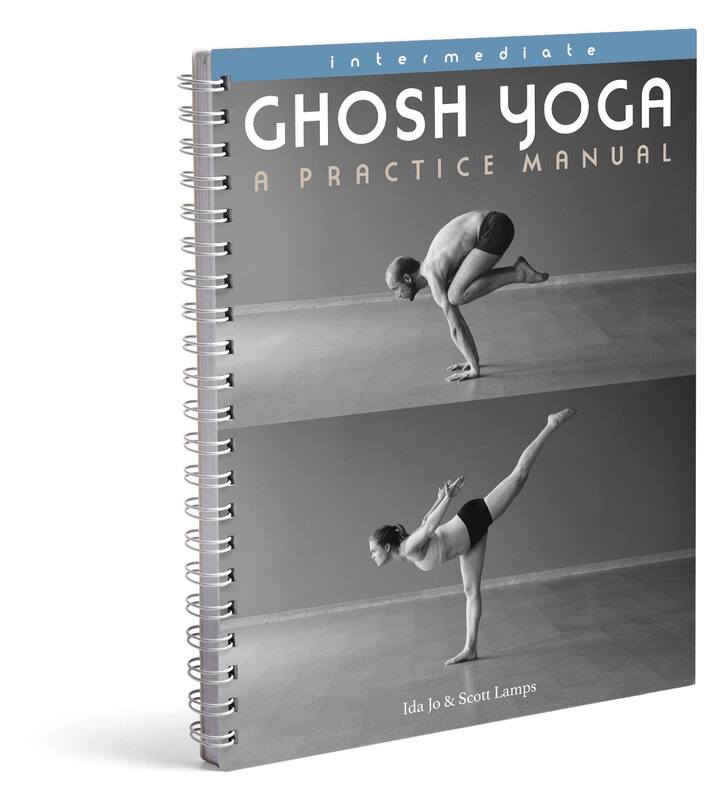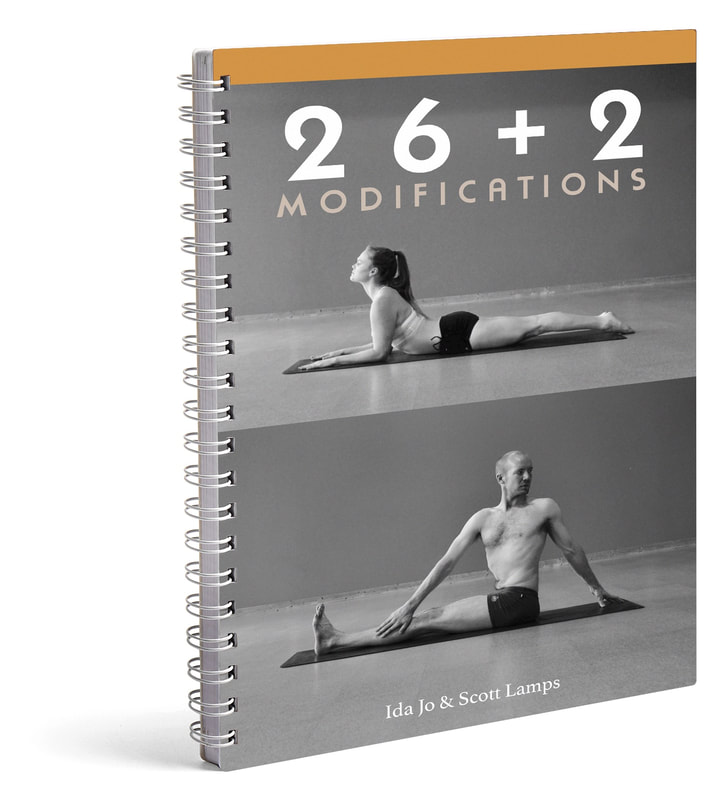|
Two of the most important ideas in yoga philosophy are "ignorance" (avidya) and "discernment" (viveka). They are opposite sides of the same coin. When we develop discernment our ignorance is eradicated.
Ignorance (avidya) is sometimes called "primordial ignorance" since it is the state into which we are all born. It is like original sin in that way. It is the way we associate our thoughts and emotions with our deepest self. We notice thoughts and think, "This is me." "I am nervous." "I am angry." "I am confused." We develop a sense self, often called I-ness, ego or asmita. But these thoughts are not the essence of our being, and when we think that they are, it is ignorance. Discernment (viveka) is also called "discrimination" and "knowledge." It is one of the highest goals of yoga, as we realize the true nature of ourself. As we observe our thoughts and emotions, we come to realize that they are not the deepest part of us. There is something deeper since it is observing the thoughts and emotions. So we search for the nature of this "observer," also called "the seer" or simply "consciousness." The transition from ignorance to discernment is subtle, complex and takes many years. But it begins very simply. We notice our thoughts and emotions. That is the first step!
0 Comments
Leave a Reply. |
AUTHORSScott & Ida are Yoga Acharyas (Masters of Yoga). They are scholars as well as practitioners of yogic postures, breath control and meditation. They are the head teachers of Ghosh Yoga.
POPULAR- The 113 Postures of Ghosh Yoga
- Make the Hamstrings Strong, Not Long - Understanding Chair Posture - Lock the Knee History - It Doesn't Matter If Your Head Is On Your Knee - Bow Pose (Dhanurasana) - 5 Reasons To Backbend - Origins of Standing Bow - The Traditional Yoga In Bikram's Class - What About the Women?! - Through Bishnu's Eyes - Why Teaching Is Not a Personal Practice Categories
All
Archives
May 2024
|







 RSS Feed
RSS Feed